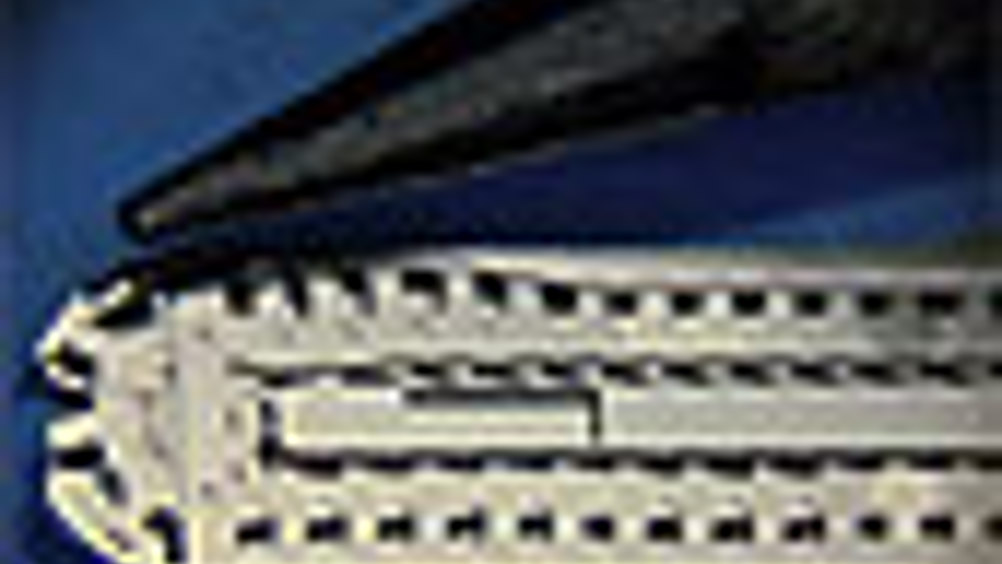Thinking small
Fabrication technology inspired by computer chips aims to turn complex designs into tiny medical devices, without the need for assembly. Siobhan Wagner reports.

With surgical and interventional procedures becoming increasingly less invasive, medical devices need to be be reduced in size to fit through smaller incisions.
And while engineers have the know-how to design such small instruments, the ability to manufacture them — especially those with multiple moving parts — can be difficult.
One US company, California-based
, hopes to turn complex designs into working devices using EFAB fabrication technology inspired by computer chips.
The technique, the company claims, can produce tiny mechanisms with dozens of moving parts — without the need for assembly.
It works by forming and stacking sets of thin metal layers in the same way a loaf of bread might be assembled from individual slices.
'There really isn't a technology like ours,' said Adam Cohen, Microfabrica's chief technology officer. 'We have aspects that are comparable to precision metal working and to micro electro-mechanical systems (MEMS) technology. We're in some ways a hybrid.'
EFAB is a volume production process that uses tooling to create thousands of functional metal devices with micron-scale features.
Register now to continue reading
Thanks for visiting The Engineer. You’ve now reached your monthly limit of news stories. Register for free to unlock unlimited access to all of our news coverage, as well as premium content including opinion, in-depth features and special reports.
Benefits of registering
-
In-depth insights and coverage of key emerging trends
-
Unrestricted access to special reports throughout the year
-
Daily technology news delivered straight to your inbox










Water Sector Talent Exodus Could Cripple The Sector
Maybe if things are essential for the running of a country and we want to pay a fair price we should be running these utilities on a not for profit...